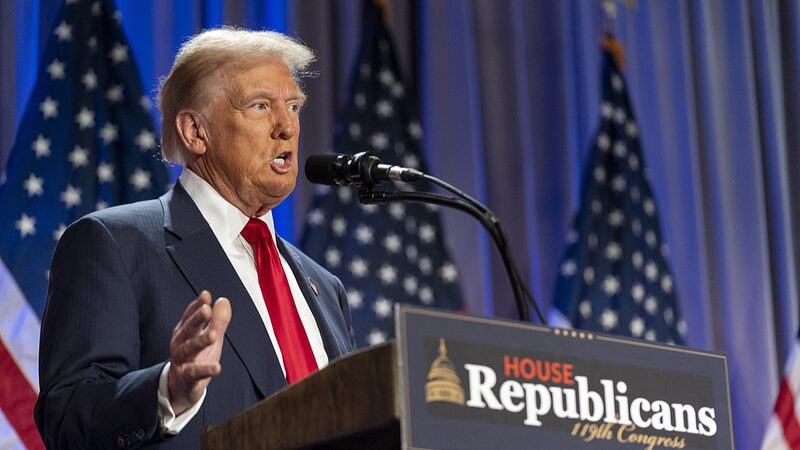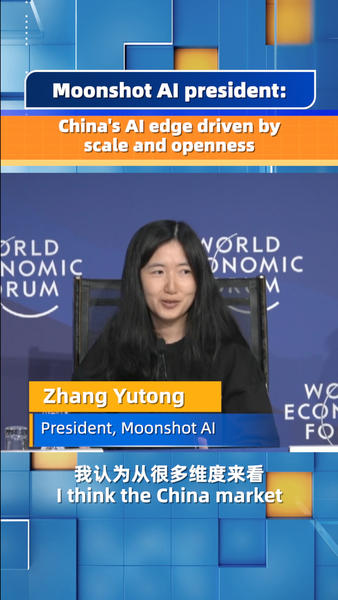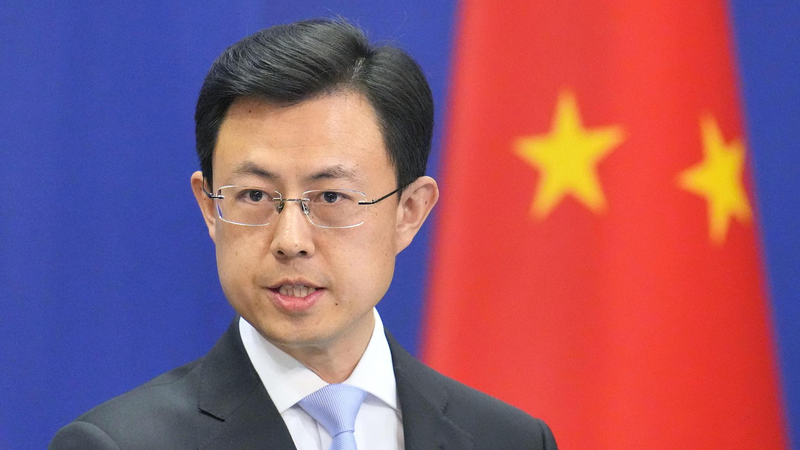🤔 Ever wondered who really wins in a trade war? According to China, the answer is simple: nobody.
This Monday, China responded to U.S. President-elect Donald Trump's latest promise to slap new tariffs on products from China, Canada, and Mexico. Trump, set to take office on January 20, 2025, announced he would impose \"an additional 10 percent tariff, above any additional tariffs\" on China. He also mentioned a 25 percent tariff on imports from Canada and Mexico. 🇺🇸🇨🇳🇨🇦🇲🇽
Liu Pengyu, spokesperson for the Chinese Embassy in the U.S., emphasized, \"China believes that China-U.S. economic and trade cooperation is mutually beneficial in nature. No one will win a trade war or a tariff war.\" 🤝
But what does this mean for you and me? Let's break it down. 🔍
Back in an interview last year, Trump suggested implementing a universal 10 percent tariff on all imported goods. The National Retail Federation (NRF) sounded the alarm in November, warning that such a move could reduce U.S. consumers' annual purchasing power by up to $78 billion! 💸 That's a lot of tacos and tech gadgets.
Tariffs might seem like a fancy word politicians throw around, but they have real-world effects. Initially, importers pay these tariffs, but the costs often trickle down to us, the consumers. That means higher prices at the checkout for everything from sneakers 👟 to smartphones 📱.
Jonathan Gold, NRF's vice president of Supply Chain and Customs Policy, highlighted that retailers rely on imported goods to offer diverse and affordable products. He cautioned that the proposed tariffs would \"disproportionately burden low-income households,\" as families might have to stretch their budgets even further. 😞
While Trump's goal is to boost domestic investments and create more jobs, experts warn this strategy might backfire. 🚫 A study by the National Bureau of Economic Research found that previous tariffs introduced in 2018 and 2019 didn't create jobs in the industries they aimed to protect. Instead, they led to job losses in sectors hit by retaliatory tariffs, especially in agriculture. 🌽🚜
So, as trade tensions escalate, it's essential to consider who really bears the brunt of these policies. Are tariffs the answer, or do they open up a whole new set of challenges? 🤷♀️
One thing's for sure: in a world that's more connected than ever, cooperation might just be the key to everyone's success. 🌍✨
Reference(s):
cgtn.com




